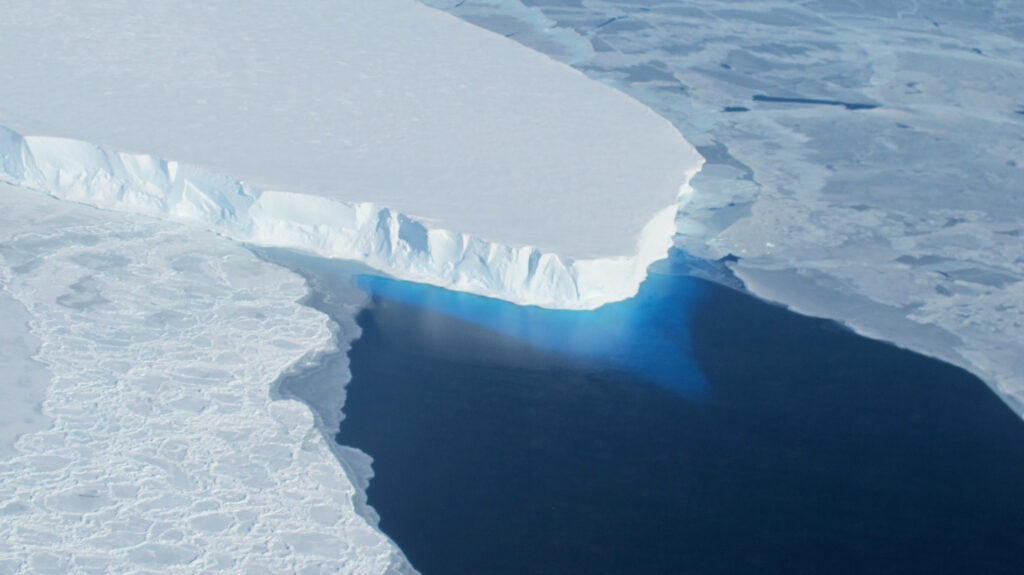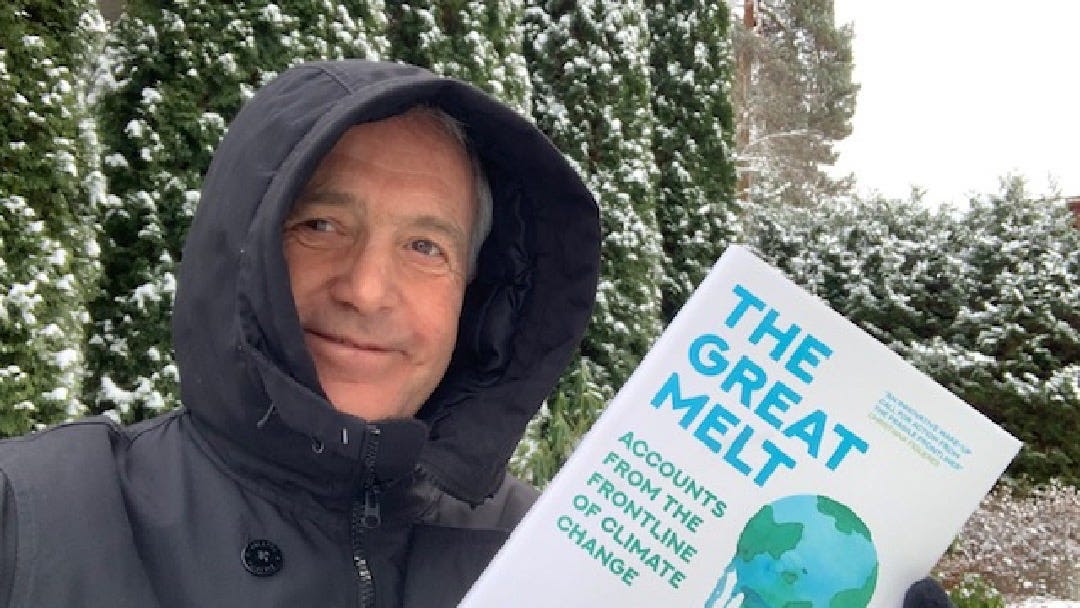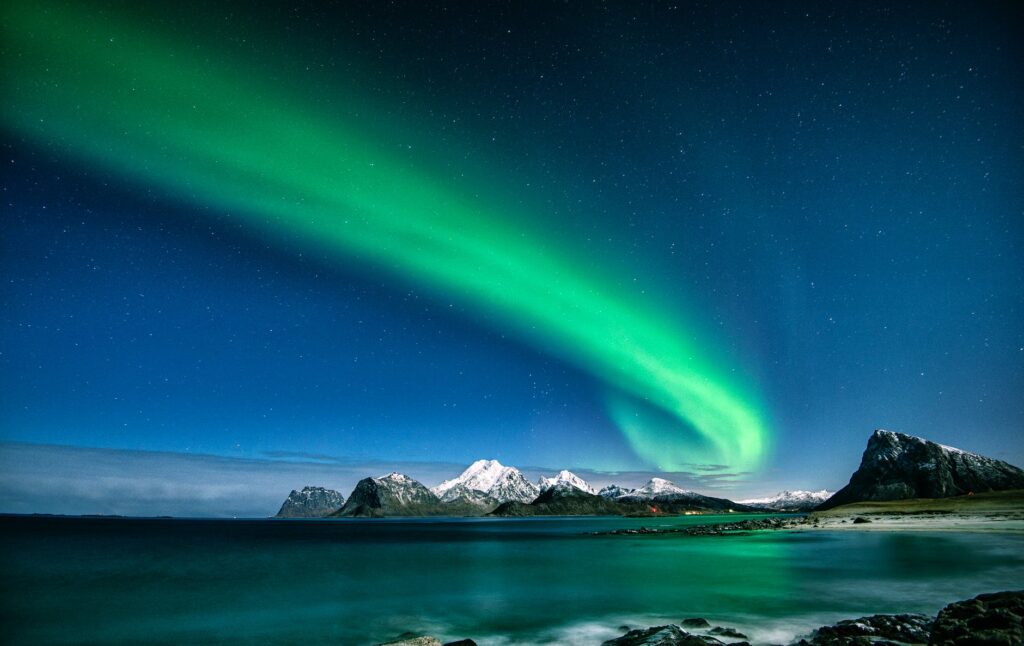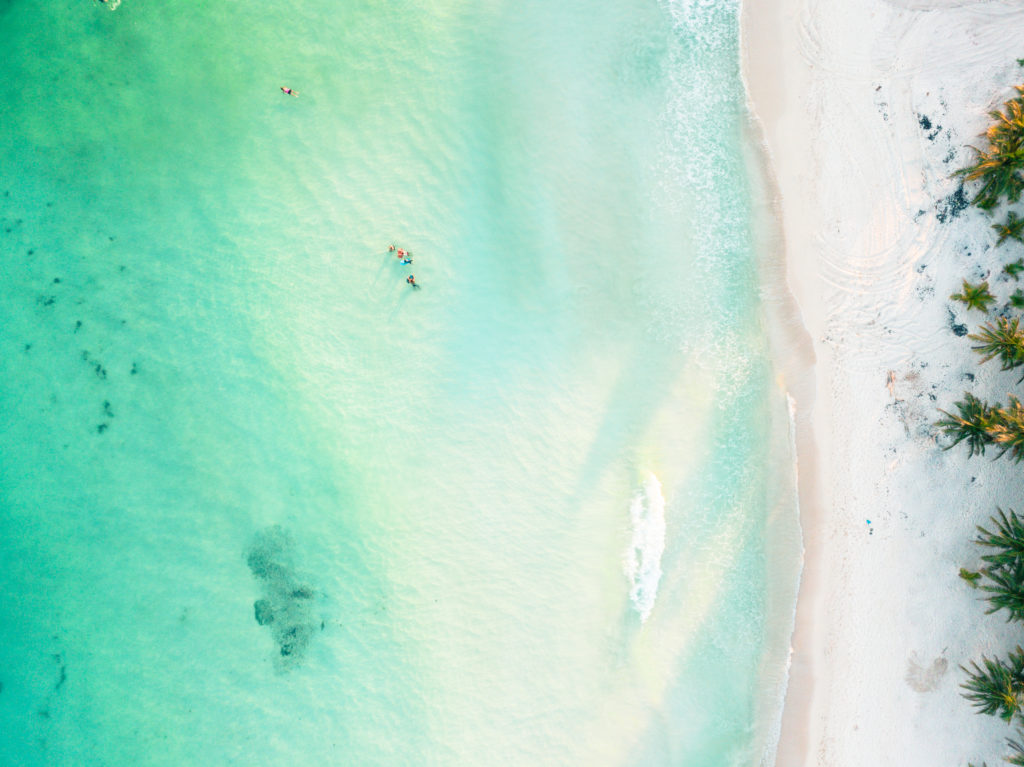From the frontline of Climate Change

Sometimes the Antarctic is briefly in the news, which often means more bad news from the frozen continent, and ultimately, for us. This week was such an occasion. Scientists warned that a floating section at the front of the Thwaites Glacier could crack and “shatter like a car windscreen” within the next decade.
If I recall correctly, not a single politician, wherever in the world, spoke about this announced disaster for the planet. And that includes all those world leaders that flew to Glasgow last month to tell the world how worried they are about climate change.
Doomsday
The glacier’s ice shelf sits atop an underwater mountain and thus blocks the glacier from flowing into the ocean. But when the ice shelf collapses, it’s the beginning of the end, and it would likely drag most of west Antarctica’s ice with it.
Although such a “doomsday” scenario may take centuries to unfold, there are many reasons to be worried. The glacier, which has about the size of Florida, has already doubled its outflow speed in the last 30 years and contributes now to four percent of the annual global sea-level rise. However, if the shelf collapses, that amount could rise to 25 percent.
Why is this relevant for you if you live close to the coastline? Because if its collapse triggers nearby glaciers to fall, the global sea level could rise by up to 10 feet (more than three meters). And why is this relevant if you live further away from the coastline? Because those that used to live close to the coast will become your neighbors, because people and economies are often based close to the coast, and because we won’t be able to stop this process.
No champagne
The Thwaites ice shelf is a bit like the cork on a bottle of champagne: once it is released, the flow that follows is hard to stop, and it is impossible to get the cork back in the bottle. Nothing to celebrate here.
It’s all a question of perspective: politicians see no reason to panic today, but they shouldn’t ignore these long-term consequences either. The implications of the great melt are already visible. While you are reading this, families far from your comfortable home took today the postponed decision to leave because they can no longer ignore the rising seas. So tomorrow, they pack whatever they have and move inland.
The Great Melt
I recently spoke about the impacts of sea-level rise with Alister Doyle in The Planet Podcast. He was the first-ever Environment Correspondent for Reuters and has written extensively about climate change for the past two decades. He has just published “The Great Melt,” a fascinating book with the subtitle “accounts from the frontline of climate change.”

And that frontline of climate change is in his book either where the ice is melting or on the coastlines where the rising sea levels have the most impact. So he takes the readers to Venice, Miami, New York, or even inland to melting glaciers in the Alps or the Andes. He had also visited the Wilkins glacier in the Antarctic just before that one broke up.
Inequality
We also moved over the planet in our conversation, starting at my home, close to the Netherlands coastline. His admiration for Dutch water technology to protect us against the rising seas brought us to the inequality and unfairness of sea-level rise. Those who are the first to flee for the rising seas are often those who contributed least to it and are also the least in a position to defend themselves against the rising waters and fiercer storms.
It also brought our discussion to the security aspects of sea-level rise and international law. For example, what are the rights for climate change refugees, and who owns the fishing rights in the oceans once islands disappear?
For your calendar:
I’m looking forward to a new episode of The Planet podcast with Tom Gammage of the Environmental Investigation Agency to talk about why we need a global Plastics Treaty.
Monday, December 20, at 9 pm CET, 3 pm EST, and at noon PST
Join us via this link!
Monday 20 Dec. 3 pm EST: Plastics Treaty
For your Christmas gifts
A subscription to The Planet newsletter is a great gift for yourself, or for friends or family.
Now with a 20% discount for 12 months, which is only 4 dollars per month.
Christmas discount subscription







